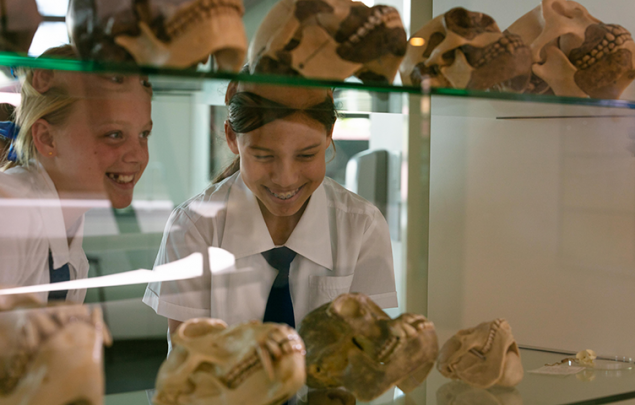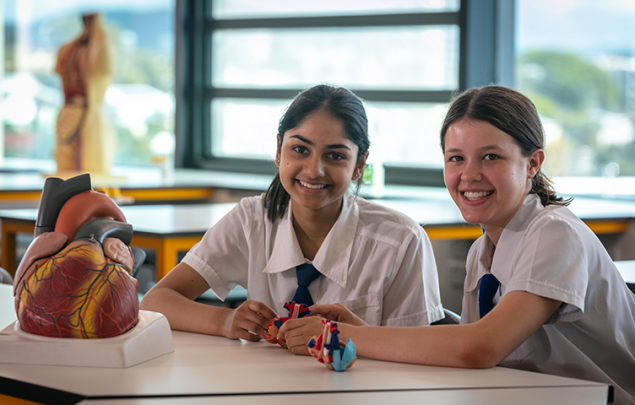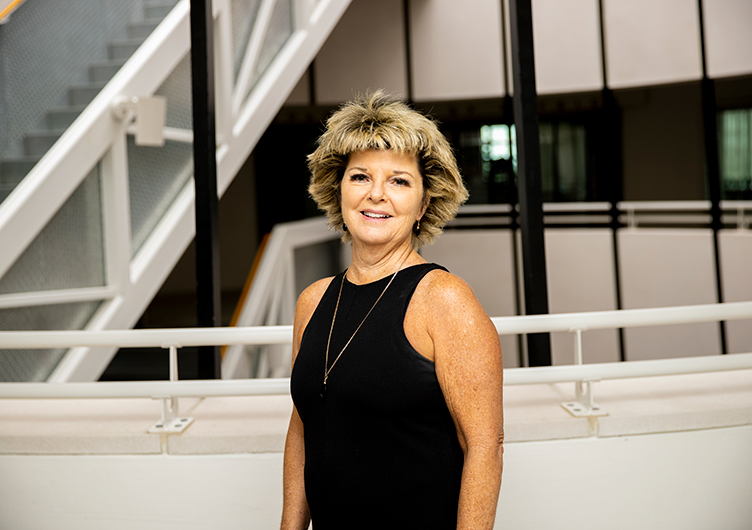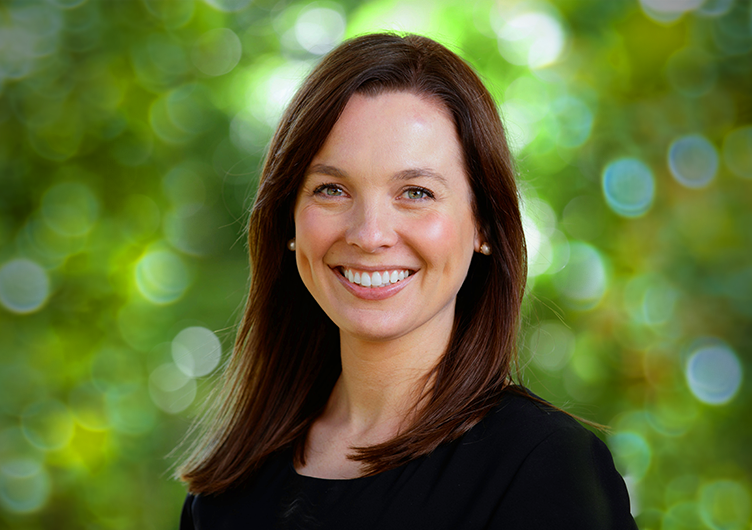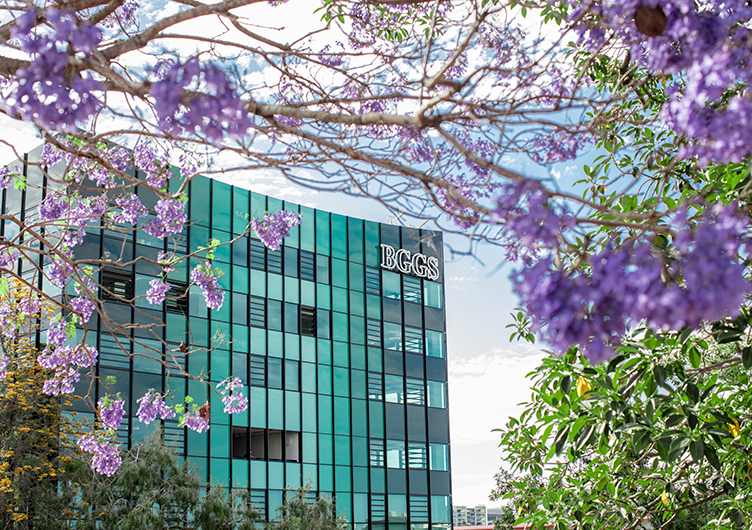Physics
Physics is the most basic and fundamental science with a simple goal: as intellectual explorers, physicists seek to better understand the world that surrounds us. However, their endeavours also give rise to many of the technological, social and cultural changes that revolutionise our lives.
The Brisbane Girls Grammar School Physics curriculum aims to explore the universe from the quantum to the cosmological—from the unbelievably small to the unimaginably large—revealing the physical and mathematical beauty of many aspects of the universe. Physicists are problem solvers and need to be creative, adaptable and versatile. As well as strengthening quantitative reasoning and problem-solving strategies, studying Physics hones skills that are considered increasingly valuable in our rapidly evolving world.
The greatest skill a student develops on her Girls Grammar Physics journey is a sense of awe and wonder about how things work.
Biology
Biology is the study of life, its diversity, and how it evolves, interacts and functions. Investigating biological systems and their interactions—from processes at the cellular level, to dynamics at the ecosystem level—enhances our knowledge and understanding of the fascinating natural world.
Engaging research-based investigations enable Biology students to explore and explain everyday observations, find solutions to real-life contemporary health and environmental issues, and understand processes that contribute to change over time. The girls’ experimental work closely examines the structure, function, interactions between, genetic differences, and genetic modification of organisms.
As scientists, biologists develop skills that enhance their ability to research questions posed, collect and analyse data, evaluate claims, justify decisions and make future predictions. Biologists interpret scientific and media texts critically and use reasoning to construct scientific arguments and communicate findings using appropriate modes and language.
Chemistry
As chemistry is central to virtually all areas of modern science, the study of Chemistry at Girls Grammar prepares students for many different areas of intellectual pursuit beyond our School environment.
Since the inception of modern chemistry, chemists have used the technique of classification to bring order to their discipline. As such, the design of our Chemistry curriculum uses this technique to explore the properties of matter and its transformations. Developing problem-solving and research skills, and experimentation, are also fundamental components of this subject.
We aspire for our students to use their chemical knowledge to inform evidence-based decision making and engage critically with contemporary scientific issues.


